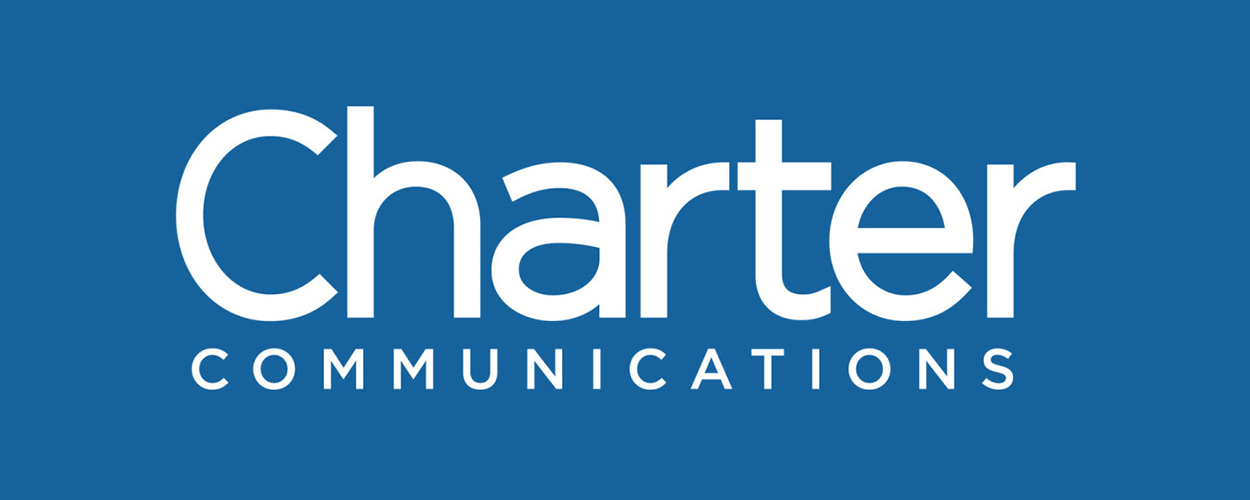This website uses cookies so that we can provide you with the best user experience possible. Cookie information is stored in your browser and performs functions such as recognising you when you return to our website and helping our team to understand which sections of the website you find most interesting and useful.
Business News Digital Labels & Publishers Legal
Labels want court in Charter copyright case to ignore the professors
By Chris Cooke | Published on Tuesday 26 November 2019

A huddle of American academics recently told the court overseeing a legal battle between the record industry and US internet service provider Charter Communications that they were very concerned about the conclusions of a magistrate judge who has been considering the case. But you know what those academics can do, don’t you? Yeah, they can go fuck themselves. Or so says the record industry. Kind of. I’m paraphrasing slightly.
Charter is one of the ISPs that the record industry is trying to hold liable for its customers copyright infringement. The Recording Industry Association Of America is leading on three lawsuits of this kind in the wake of BMG’s successful legal battle with Cox Communications.
In that case it was decided that Cox should not enjoy safe harbour protection from liability for its customer’s actions because of its deliberately shoddy policy for dealing with repeat infringers among its user base. The RIAA is now suing Cox, Charter and Grande.
One of the key elements of these three cases is whether the ISPs should be held liable for vicarious as well as contributory infringement. If so, the potential damages the record labels could receive if they win in court would be higher.
To prove vicarious infringement the labels need to show that an ISP directly financially benefited from its customer’s infringing activity. In the RIAA’s case against Grande Communications the vicarious infringement claim was dismissed.
But when a magistrate judge recently reviewed the Charter case he said he thought the vicarious infringement element should not be axed at this stage. This was partly based on Charter promoting its super-fast internet speeds, something that – the labels argue – would be particularly attractive to those accessing unlicensed content via file-sharing networks.
It was that viewpoint that the professors recently hit out at via an ‘amicus brief’ which they filed with the court. The magistrate judge’s opinion on the case, they said, “misapplies the legal standard for the direct financial benefit prong of the vicarious liability test and improperly loosens the pleading standard in a way that would impose unprecedented risks of liability and make it nearly impossible for any ISP to win [early] dismissal of bare, conclusory, and speculative allegations”.
However, in a new legal filing the labels argue that the court should reject the academical intervention. Partly because it just repeats Charter Communication’s own legal arguments which the net firm is more than capable of making itself; partly because the professors are not as “disinterested” in the case as they claim; and partly because their argument actually centres on “federal pleading standards” rather than intellectual property matters, so the mainly IP focused academics are not experts on this aspect of the dispute.
On the second point – ie whether or not the academics signing the amicus brief have no personal interest in the case – the RIAA notes that one of the signatories chairs the campaigning group the Electronic Frontier Foundation.
“One of the proposed amici is the chairperson of the board of the Electronic Frontier Foundation, a non-profit digital rights group that often advocates against the interests of copyright owners”, the labels say. “At a minimum, the proposed amici should be required to disclose any employment, consultancy, or other relationships with defendants and other parties (including, eg, other ISPs and similar technology companies, industry organisations, trade associations) that may have interests in the outcome of this action”.
Much of the RIAA’s new submission deals with various precedents regarding the acceptance or rejection of amicus briefs by the American courts. It then concludes: “For the foregoing reasons, the court should deny the proposed amici’s motion for leave to file an amicus brief”. We now await to see if the judge concurs.





